Apple must face part of a lawsuit alleging that it fraudulently concealed weakening iPhone demand in the fall of 2018, a judge ruled on Tuesday.
The lawsuit centers around claims of "misleading" statements made by Apple executives, including CEO Tim Cook in 2018 that lead to an artificially inflated share price. When Apple issued a revenue guidance in January 2019, the stock prices fell and led to material losses for shareholders.
According to Reuters, U.S. District Judge Yvonne Gonzalez Rogers dismissed most claims in the lawsuit in but ruled that Apple can be sued by shareholders over comments that Cook made indicating strong iPhone demand — especially in China — just a few days before the company curbed production at some of its manufacturers.
"Absent some natural disaster or other intervening reason, it is simply implausible that Cook would not have known that iPhone demand in China was falling mere days before cutting production lines," Rogers wrote.
She added that it is "also implausible that Cook was unaware of emerging market issues in China despite admitting two months later than the Company observed worrying signs" during the period.
Additionally, Rogers said that Apple's decision to stop reporting individual iPhone unit sales "plausibly suggests that defendants expected unit sales to decline."
During the call, Cook said that current iPhone models at the time had a "really great start," but denied that certain markets, like China, were feeling downward sales pressure.
The lawsuit was lodged in the U.S. District Court for the Northern District of California after the aforementioned January 2019 revenue revision. It is led by the Employees' Retirement System of the State of Rhode Island, but represents all shareholders.
It alleges that by the middle of November 2019, Apple had instructed assembly partners Foxconn and Pegatron to cut production for new iPhones and materially reduce shipments.
In January 2019, Apple issued a rare revenue guidance revision, bringing its forecast for the first quarter to $84 billion, down from an original prediction of $89 to $93 billion. In a letter to shareholders, Cook said that lower-than-expected revenue, particularly in China, accounted for it.
In the wake of that guidance revision, Apple shares dropped up to 10%, though the stock price nearly recovered by the end of January.
 Mike Peterson
Mike Peterson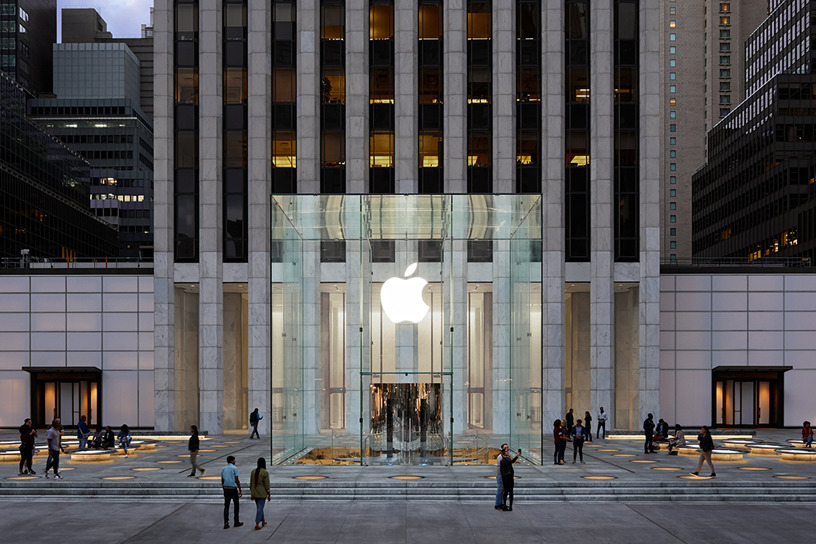



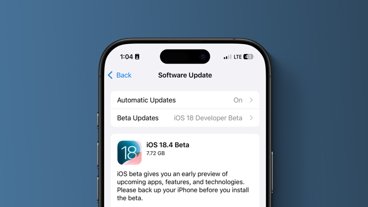
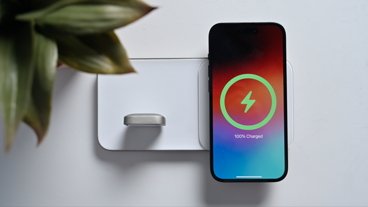
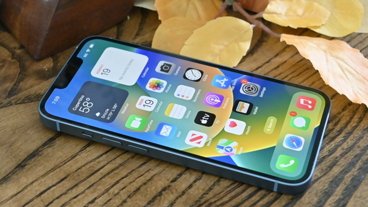

-m.jpg)





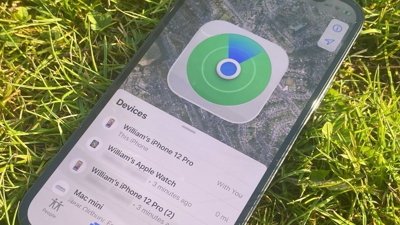
 Malcolm Owen
Malcolm Owen
 William Gallagher
William Gallagher

 Christine McKee
Christine McKee

 Charles Martin
Charles Martin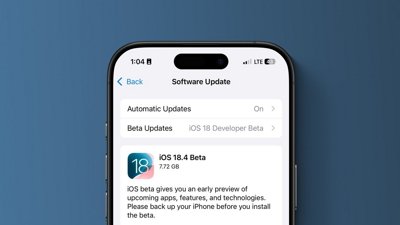

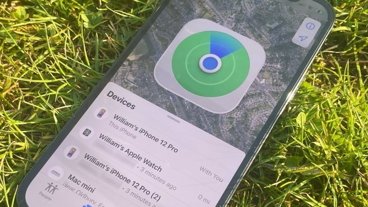

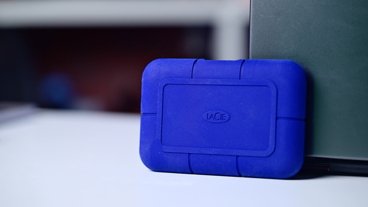




9 Comments
Have people forgotten trumps hasty trade war with China already?
Well, we knew the ReTrumplicans have been salting judgeships for all they’re worth. Is she one? Those appointees will probably never admit that Donald Trump singlehandedly sunk Apple’s Holiday quarter overnight.
What a bunch of BS this is.
These lawsuits usually go nowhere because there are so many things that affect stock price. If anyone bought stock because they expected China sales to go up and they went down, no one forced them to sell the stock. It went way higher after that so who is the idiot who sold?
At best, this will be a few million slap on the hand fine for Cook. He can afford it. He can sell some of his stock options to cover it.